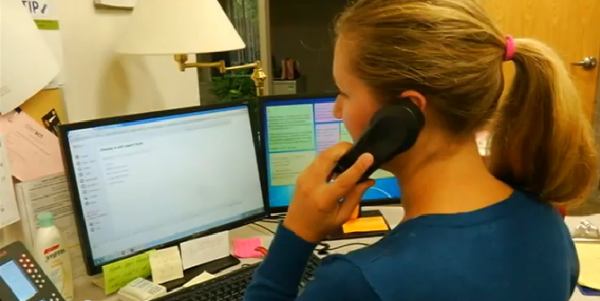The Contact Hotline responds to nearly 35,000 calls a year and provides counseling and support to people of all ages on a wide range of issues and concerns:
Suicide prevention and other suicide-related calls.
Crisis intervention and counseling.
-
- Emotional and mental health.
-
General counseling.
-
- Concerns about relationships.
- Work.
- Finances.
- Drug and alcohol abuse.
- Isolation.
- Depression.
- Anxiety.
- Physical conditions.
- Community Resources.
- Mental Illness
-

For more resources related to these issues and concerns, follow the links to the following resources:
0
Calls answered annually
0
211 calls answered
0
Hotline calls
0
TeleCare calls
Make a Donation
Your commitment of a monthly gift helps us be the most responsive to help save lives. Please use the donation button below to arrange a monthly contribution. Help us continue to bring hope and light to those in need in our community.
